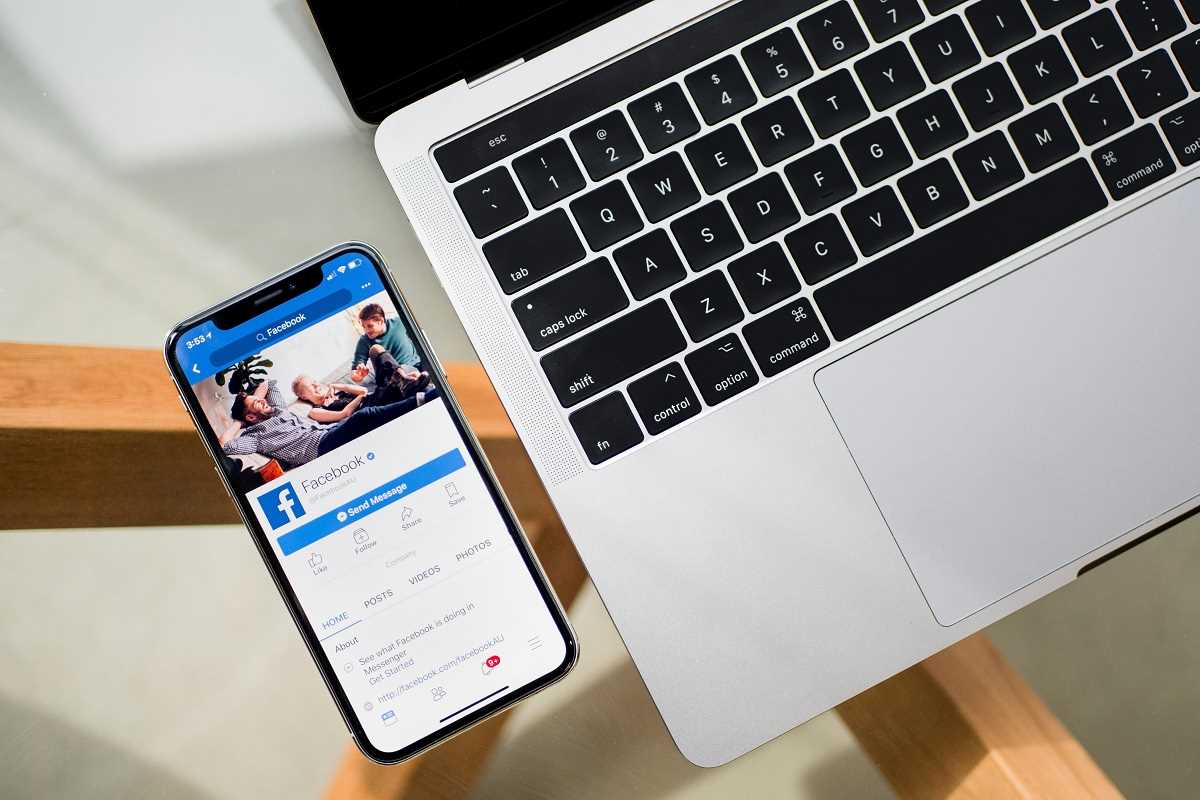Discovering that someone has blocked you on Facebook can bring up a mixture of confusion, frustration, and even hurt. This digital action can feel as abrupt as a door slamming shut, leaving you wondering what happened and whether there’s a way to repair the relationship. Social media, while great for connecting, can also amplify misunderstandings and intensify conflicts. While a Facebook block is usually a one-sided decision, there are still respectful ways to process your feelings and, if appropriate, open the door for communication and understanding. Here’s a deeper dive into strategies for approaching this sensitive situation with empathy and thoughtfulness.
1. Respect Their Choice Without Taking It Personally
The first step in approaching a Facebook block is acknowledging that the other person felt a need to create space. It’s not easy, but respecting their choice without immediately jumping to conclusions is crucial for moving forward constructively.
- Avoid Over-Analyzing: It’s natural to try to pinpoint exactly what you did or said that led to the block. But be careful not to spiral into overthinking. People block for various reasons—sometimes unrelated to a specific incident with you. Perhaps they’re overwhelmed by social media, dealing with personal issues, or simply need distance. Not all blocks are deeply personal, even if they feel that way.
- Shift Perspective: Instead of seeing the block as a permanent rejection, try to view it as a form of boundary-setting. This shift in mindset allows you to respect their space without taking it as a reflection of your worth or value.
Before reaching out, it’s crucial to acknowledge and respect the other person’s decision to block you, even if it feels hurtful. When you get a chance to communicate, consider saying:
“I noticed that you blocked me on Facebook, and I completely respect your decision. I’m reaching out to understand if there’s anything specific that led to this and see if we can discuss it.”
This approach shows that you respect their boundaries and are open to understanding their reasons without jumping to conclusions.
2. Reflect on Potential Triggers or Misunderstandings
If you’re hoping to repair the relationship, it’s helpful to spend time considering any recent interactions that could have been misinterpreted or unintentionally caused tension. This reflection period is crucial for approaching the situation with clarity and empathy.
- Review Recent Interactions: Think back to your recent conversations, either on Facebook or in real life. Were there moments where the conversation felt strained, or you sensed discomfort? Misunderstandings can happen quickly in digital communication since tone and intent are often unclear. Small misunderstandings on Facebook—like commenting on a sensitive post or accidentally misinterpreting a message—can sometimes escalate into bigger issues.
- Assess Social Media Behavior: Consider whether certain aspects of your social media presence might have contributed to their reaction. Maybe you posted something political, shared an opinion, or engaged in behavior that made them uncomfortable. Reflecting on this without judgment can give you a better understanding of what might have led to the block.
Acknowledging this possibility can open the door to reconciliation:
“I realize there might have been a misunderstanding between us. If there’s anything I did that upset you, I’d appreciate the chance to clear things up.”
This statement invites the other person to share their perspective and helps diffuse defensiveness by recognizing that miscommunications can happen.
3. Find a Thoughtful Way to Reach Out
If you feel it’s appropriate to address the situation, and you have a way to reach out outside of Facebook, consider a gentle and respectful approach. The aim is to express concern without pressuring the other person.
- Respectful Wording: A message like, “Hey, I noticed we aren’t connected on Facebook anymore. I completely understand if you need space, but if there’s anything I did that hurt or upset you, I’d love the chance to talk about it and understand better,” shows that you’re respectful of their decision while also open to understanding their side.
- Be Open to Silence: The person might not respond, and that’s okay. Simply reaching out with empathy can be enough to show that you care about their feelings. By staying open but unattached to the outcome, you respect their boundaries while still demonstrating your willingness to communicate.
4. Offer an Apology if You Suspect a Misstep
An apology can be a powerful tool for rebuilding trust, especially if you suspect that your actions may have unintentionally hurt them. But sincerity is key—only apologize if you genuinely believe you may have contributed to the issue.
- Be Specific if Possible: Instead of a vague apology, try to address any specific incidents or actions that may have led to the block. For example, “I’m really sorry if my comments on [specific topic or post] made you uncomfortable. That wasn’t my intention, and I would hate for it to have caused a rift.”
- Express Empathy and Accountability: An apology that comes from a place of empathy and accountability—rather than defensiveness—shows the other person that you’re willing to understand their perspective. A simple, “I understand that I may have crossed a line, and I regret causing any discomfort,” can go a long way in demonstrating maturity and respect for their feelings.
5. Suggest a Fresh Start Through Open Communication
If the opportunity arises and both parties are willing, proposing open and respectful dialogue can help clear the air. However, this step should only be considered if the other person is receptive and interested in re-engaging.
- Encourage a Calm Conversation: Suggest a phone call or an in-person meeting (if appropriate) where both of you can speak without the constraints of text. For example, you might say, “If you’re open to it, I’d love to have a calm and honest chat to understand where things went off track.”
- Frame It as a Collaborative Effort: Let the other person know that you want to work together to ensure that both of you feel comfortable and respected in the friendship. Showing that you’re willing to collaborate rather than place blame can help create a more positive and constructive conversation.
- Stay Neutral and Non-Confrontational: Avoid accusatory language or a defensive stance. By keeping the tone neutral, you’re more likely to have a fruitful exchange that encourages mutual understanding and healing.
What You Can Do
Reflect on Growth Opportunities for Yourself
Sometimes, a Facebook block can be a moment for personal reflection and growth. Even if reconciliation doesn’t happen, you can take this experience as an opportunity to consider how you navigate relationships and manage conflicts.
- Identify Patterns: Reflect on whether similar issues have occurred in other relationships. Do you notice recurring patterns in communication or behavior that might be worth addressing? Self-awareness can be invaluable in avoiding similar situations in the future.
- Work on Digital Communication Skills: Social media etiquette is a learned skill, and digital interactions can sometimes lack the nuance of face-to-face communication. Practicing mindful online interactions—thinking before commenting, checking the tone of your messages, and being sensitive to others’ perspectives—can help prevent misunderstandings.
Respect Their Decision and Move Forward
If, after attempting to understand and reconcile, you find that the other person is uninterested in re-establishing a connection, respect their choice and give them the space they need.
- Accept That Closure May Not Come: In some cases, closure doesn’t come through a conversation or a resolution. It may require accepting that some relationships end without a clear explanation. While this can be tough, focusing on personal growth and letting go of resentment allows you to move forward with grace.
- Shift Focus to Positive Connections: Instead of dwelling on this one blocked connection, focus on the relationships in your life that are positive, supportive, and fulfilling. Engage with friends and loved ones who value open communication and mutual respect. Putting your energy into nurturing these relationships can help you move forward constructively.
Moving On and Grow from the Experience
Discovering you’ve been blocked can be disheartening, but it doesn’t define you or your worth. Whether or not you’re able to resolve the issue, this experience can serve as a reminder of the importance of clear communication, empathy, and respect in all relationships. As you move forward, focus on being mindful and considerate in your online interactions, recognizing that digital actions can have a lasting impact. By learning from this situation and treating it as a chance for personal growth, you can build healthier, more resilient relationships—online and offline.
Remember, at the heart of every relationship is the willingness to understand and respect each other’s boundaries. Sometimes, the best thing you can do is to honor the other person’s space, even if it means letting go.
 (Image via
(Image via





